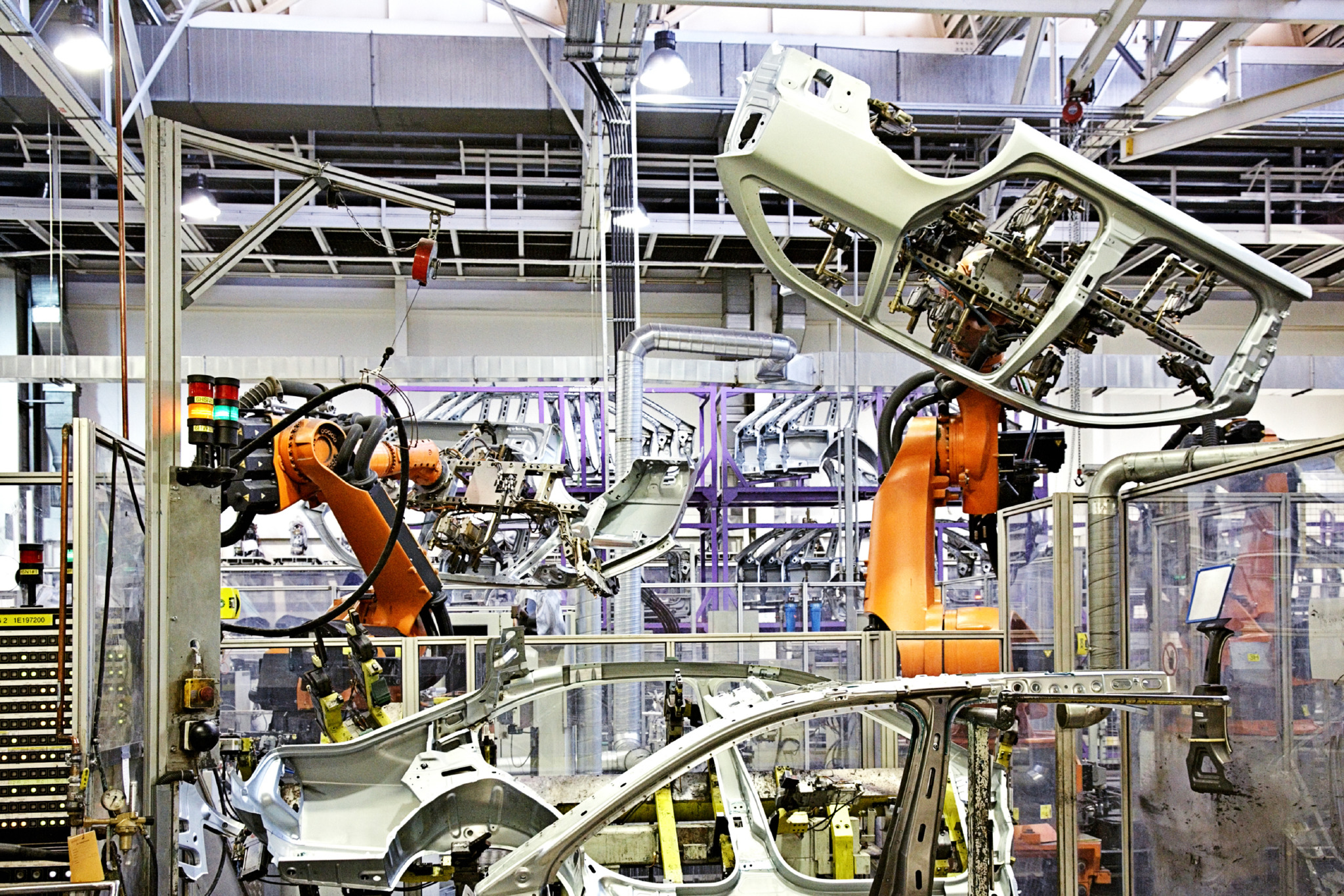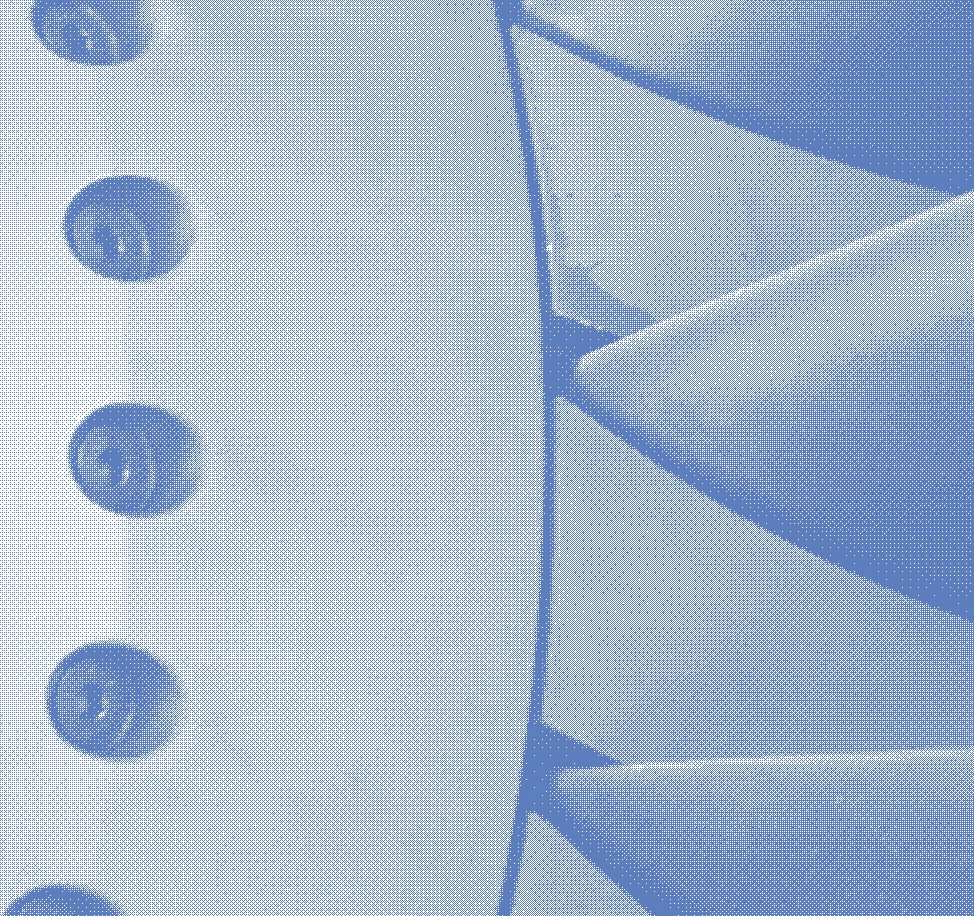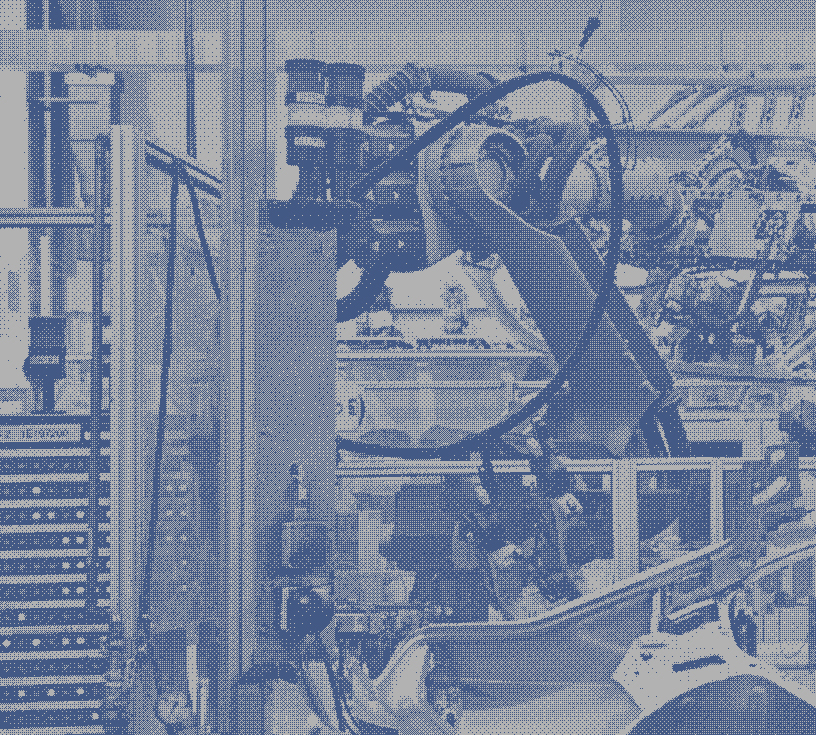



Research Projects
Aluminium
Tailoring the properties of Aluminium automotive sheet

High strength aluminium alloys such as AA7075 would make an ideal alternative to steel in the production of automotive sheet components. Aluminium is significantly less dense than steel which would allow for lighter, therefore more fuel-efficient vehicles to be manufactured. The main limitation of AA7075 is its poor formability at room temperature. The effect of temper, strain state and texture on the formability AA7075 has been examined to find optimal processing conditions.
The aim of the project is to produce a detailed description of the mechanical properties of AA7075 in different tempers. Experimental data is then coupled with simulations to determine what the parameters are key for the accurate prediction of formability of AA7075 automotive sheet.
Mechanical properties are examined using tensile tests with Digital Image Correlation (DIC) which produces detailed strain maps granting a unique insight compared with conventional tensile testing. Detailed descriptions of the mechanical properties can be used to inform modelling software such as Abaqus and DAMASK. Abaqus is used to simulate mechanical deformation on a macro-scale whereas DAMASK describes the microscale simulating crystal plasticity. DAMASK allows for novel experimentation with crystallographic texture which would be practically impossible in a physical lab.
Using a combination of experimental data and simulations, a deep understanding of what parameters control the formability of AA7075 automotive sheet hope to be determined.

